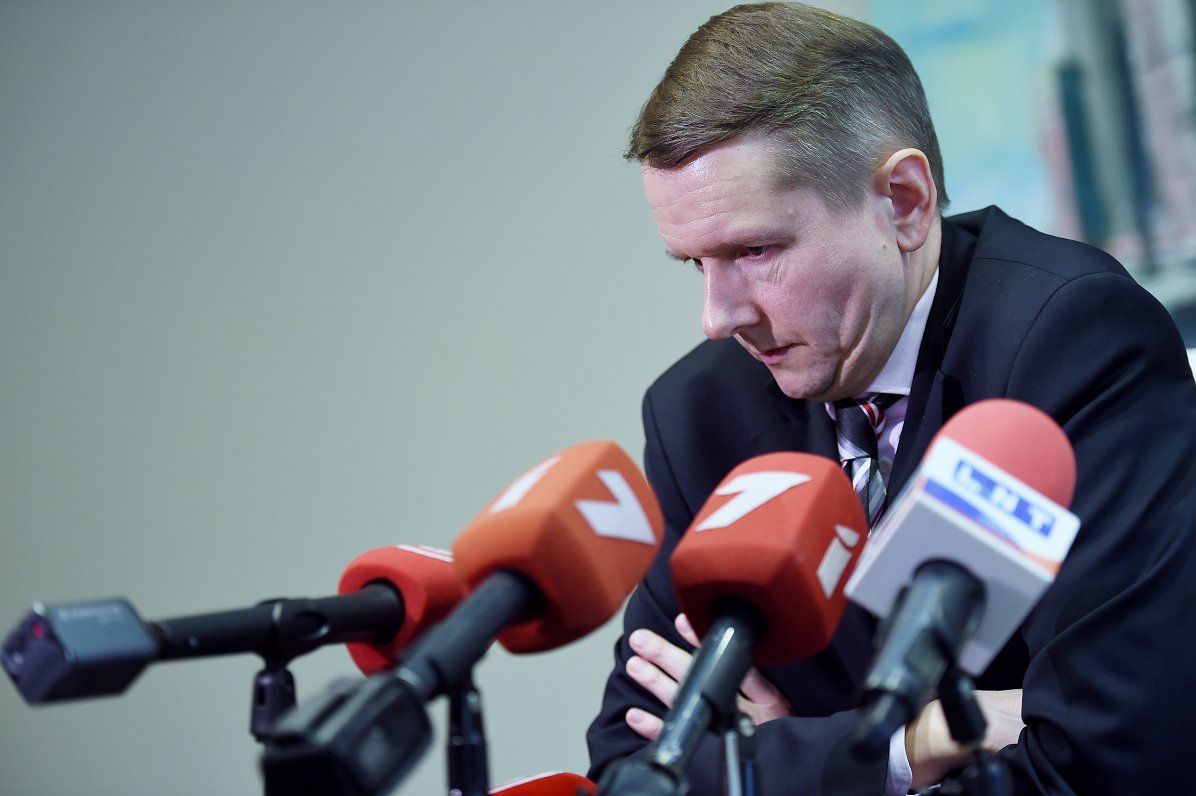There has been a reduction in the traditionally risky boutique banking segment and a significant decline in foreign deposits, with domestic and EU deposits prevailing in the portfolio as Latvian banks have discontinued service to shell companies, he stated.
"The dialogue with colleagues from TAX3 launched in April continues in a really professional atmosphere. I am pleased that we can statistically prove essential progress in the Latvian financial sector as well as changes in market participant awareness of further business design approach in Latvia. Notable efforts have been made, in particular over past four months, to mitigate risks related to money laundering. In 2015, the share of Latvian and European Union citizens' deposits in Latvian banks was 65 percent, but by now it has reduced to 90 percent. Over past years we have made radical changes in the structure of customers that had been built up over 25 years. An entirely different risk assessment model has been now embedded in business strategies. There are no longer grounds for speaking about a free flow of risky money in Latvia,"' said the regulator.
"The percentage of high-risk deposits and transactions will be insignificant in future, and there are no concerns that we cannot control it. The process of fundamental changes in the Latvian banking sector will consistently continue under guidance of FKTK. With incorporation of new business models into future action strategies the banks will complete this transformation process," he added.
Latvia has implemented far-reaching reforms since a damning report by US law enforcement accused one of its largest banks of institutionalized money laundering in February and a string of major money laundering scandals over the previous decade.
Reacting at the end of the delegation's visit which took place August 3031, committee chair Petr Ježek said: "Our visit to Riga has allowed us to gather that the Latvian authorities have clearly realised that the situation which the country’s banking sector was in was not sustainable. We were also pleased to note that efforts are being carried out to redress the situation and these are already bearing fruit, such as the reduction of non-resident deposits and of shell companies, and the increase in criminal proceedings against entities involved in money laundering.
"It seems clear to us that smaller countries are disproportionately affected by money laundering activities. The situation which existed in Latvia is again proof of this. The objective for my committee will be to evaluate what changes at EU level can help member states tackle money laundering more effectively.”






























